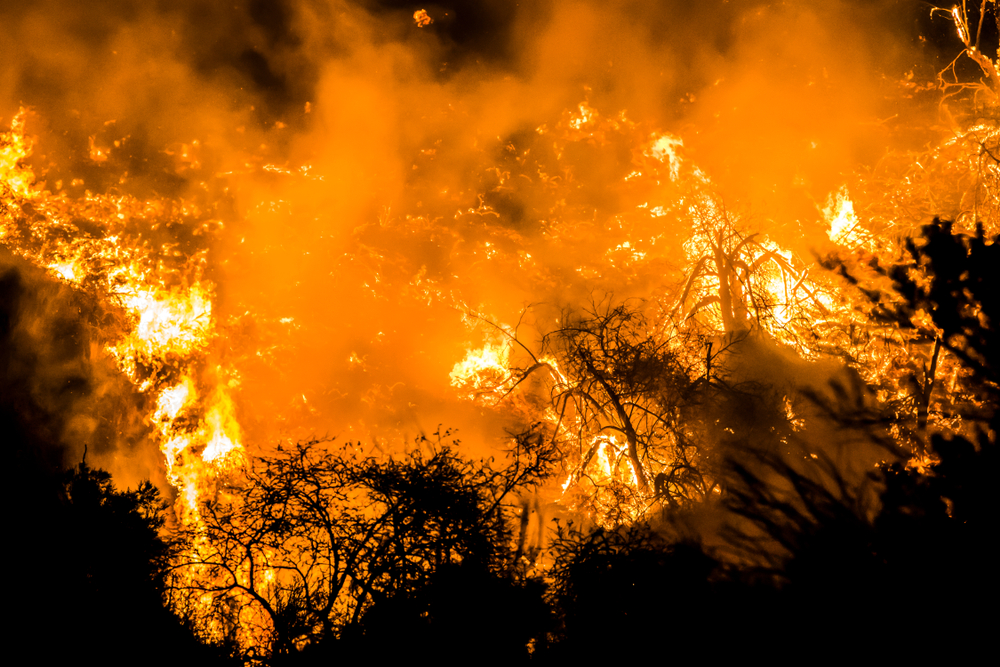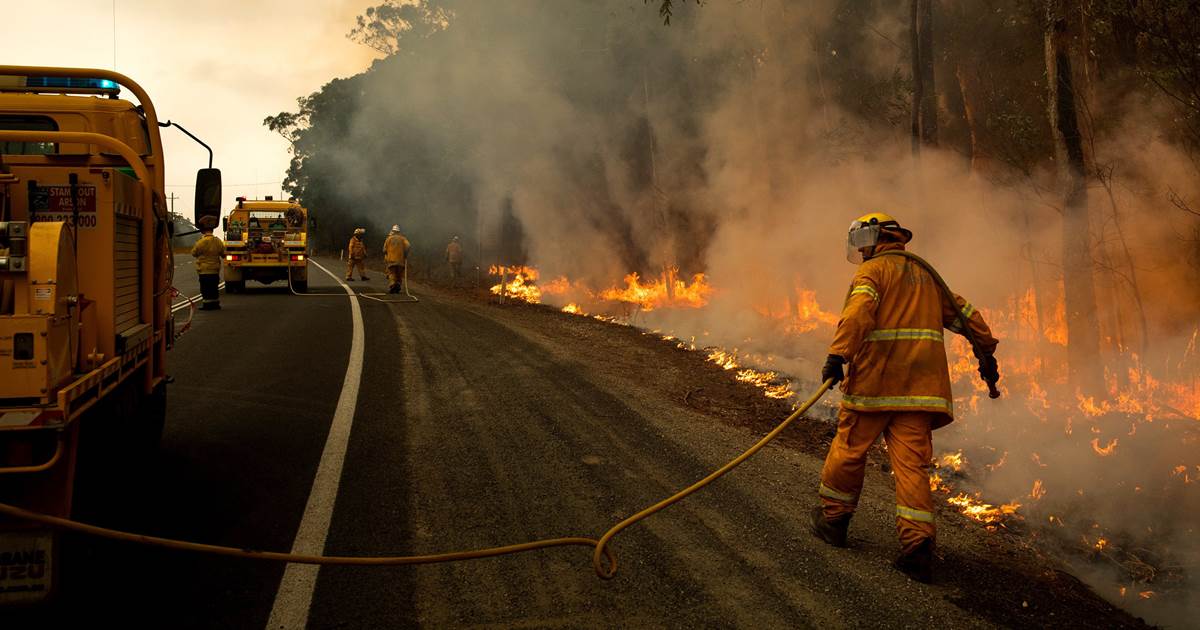
08 Jan 5 Facts to Know About The Australian Fires + How to Donate
For almost 10 months in 2019, the world watched in bated breath as the planet’s lungs burned in a raging fire. The Amazonian fires were devastating and caused irreparable harm to vegetation and animal life in the area.
It was a huge wake-up call for climate change denialists.
As the flames in Brazil were beginning to calm, Australia was hit with a series of wild bush fires, and the country has been working tirelessly to extinguish the inferno ever since. Here is some information to clue you up on the current natural disaster that has the potential to affect all our lives.
WHERE ARE THE FIRES
The Australian bush fires have hit every single state across the country, but New South Wales is receiving the brunt of the burn.
You might have seen a number of doctored images making the rounds, misinforming people about the state of Australia. Some might call it artistic expression, while others argue that its purpose lays in the shock value – if people think the entire continent is up in flames, they’ll spring to action. Either way, we can all agree that it is deeply concerning to find a few opportunists using the fires to create fake news.
WHEN DID THE FIRES BEGIN
Similar to places like Cape Town and Los Angeles, Australia has a fire season. When the climate is hot and dry, fires start easier. On particularly windy days, they can quickly grow out of control. Having said that, Australia was coming out of an intense drought when a supposed lightning storm sparked the first of the fires.
To give you some context of the natural conditions, it was reported that a fire which began in the Victoria’s East Gippsland region travelled 20 kilometres in 5 hours in December. The flames are consuming land at a horrifying rate.

WHAT IS THE CURRENT DEATH TOLL
Australia has developed an incredible fire fighting system. In 2009, Black Saturday fires claimed the lives of 173 people, making it the most lethal case on record. As of 5 January 2020, 25 people have died including a few brave firefighters who put their lives on the line to help quash this natural disaster.
Thousands of homes have been destroyed, and over 4000 civilians fled to the coast of Mallacoota to escape the heat, only to be stranded when the fires crept closer towards the shoreline. Thankfully, they have been evacuated by the National Navy.
Naturally, human lives have been prioritised, but close to half a billion animals have died in the fires. There have been heartbreaking images of kangaroos embracing each other with fear in their eyes and koala bears clutching desperately to volunteers who have rescued them. Together with the Amazonian fires, these two events have been calamitous for the animal kingdom.
HOW WILL THIS AFFECT THE LOCAL CLIMATE
“For Australia, dangerous climate change is already here,” Penn State University professor Michael Mann believes.
It has been reported that, because of global warming, the conditions Down Under will only intensify. With the rising temperature of the planet, we’re set to see hotter summers, which will certainly result in fires greater than the ones we are seeing at the moment.
30% of the koala species has been wiped out, and other endangered species in the area are at risk of being exterminated completely – this will drastically change the natural order of the ecosystem.
7.3 million hectares of land, larger than Denmark and Belgium combined, have been decimated (a little over what burned in the Amazon over months), entire towns have been levelled. Australia will never look the same again.
WHAT IS BEING DONE
Over 2 000 firefighters, hundreds of navy personnel and countless local volunteers continue to work around the clock to offer relief to those affected as well as to suffocate the flames that have engulfed Australia.
“We need to fundamentally rethink how we prepared for, finance, and respond to disasters like this,” Nicholas Aberle, Campaigns Manager for Environment Victoria, said. Though their disaster management has improved over the years, a revised contingency plan that takes climate change into consideration would be strategically sound.
HOW CAN YOU HELP
There’s not much hands-on assistance anyone can offer from an ocean away, but you can donate to the Australian Red Cross, Salvation Army Australia, the NSW Rural Fire Service who continue to fund the relief efforts.
If you’d like to extend a hand to help the devastated animal population the Port Macquarie Koala Hospital and Currumbin Wildlife Hospital are also accepting financial aid.
REFERENCES:
https://edition.cnn.com/2020/01/01/australia/australia-fires-explainer-intl-hnk-scli/index.html
https://thehill.com/policy/energy-environment/476595-five-things-to-know-about-australias-devastating-wildfires
Sniffer Rats and Muthi markets: 9 Innovative Ways Conservationists are Tackling Poaching
Climate Change is Real: 7 Simple Ways to Reduce Your Carbon Footprint



Cristy North
Posted at 19:03h, 13 JanuaryA great, informative article. But, seeing as the main idea is that climate change will have an even more disastrous affect on Australia as years go by, but the only solution offered is to donate money……? No, let’s focus on the actual issue – climate change. Let’s reduce that! Let that be our main goal. Reduce our carbon footprint. Cut out dairy and meat, go plant based. It’s the one of the easiest and most effective thing an individual can do.
Stuart King
Posted at 13:16h, 23 JanuaryStuart King
I agree with Christy North; donating money to organisations that are handling the fallout of the issues created by climate change is good, very good, but it is also not addressing the underlying causes; the huge impact the production of meat and dairy has is well documented, so perhaps taxing meat and dairy more heavily would assist in changing eating habits, which would help. But I suspect there are too many humans on earth and I am not sure what we can do about that. our population has grown from around 2 billion in 1927 to almost 8 billion now, I suspect that we have too many humans by some margin already and most of our efforts at change are akin to rearanging the deck chairs on the Titanic. Constantly limiting our reactions and changes because of economics is a challenge, at some point the debate has to actually leave economics out and focus on real solutions and the economics will adapt to the new reality. It simply cannot work the other way around.
gwen
Posted at 10:15h, 05 FebruaryAgree with all that was said above..but if you are going to donate ..Local must be first. Our firefighters and rescue services are severely underfunded, and all we need is another Knysna fire..we need to be prepared.